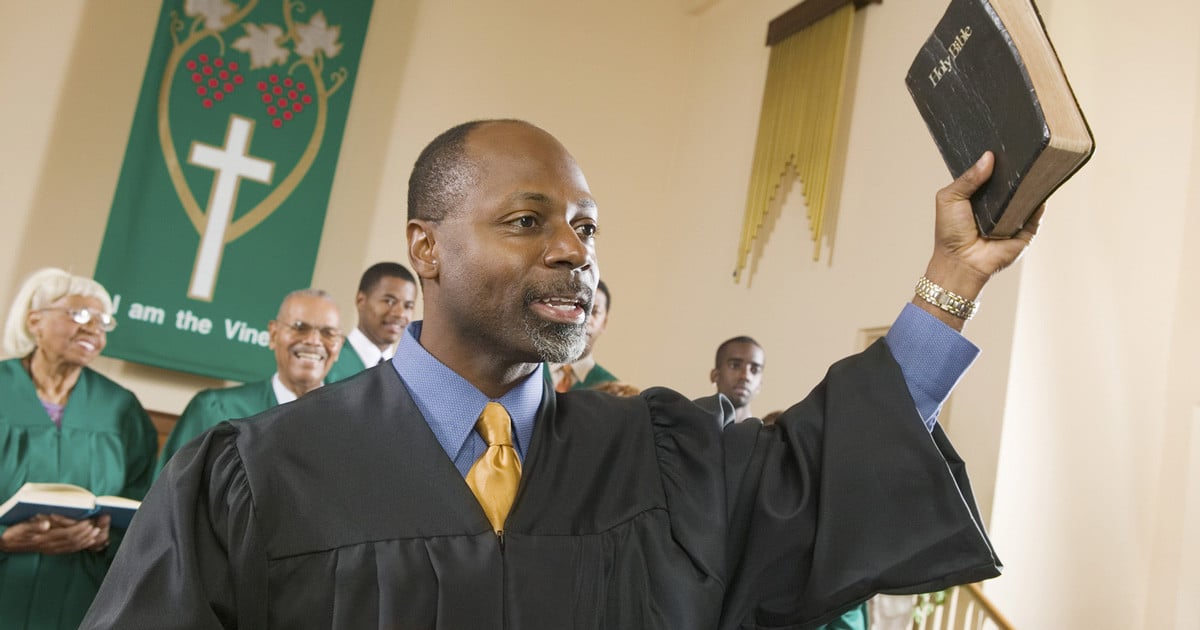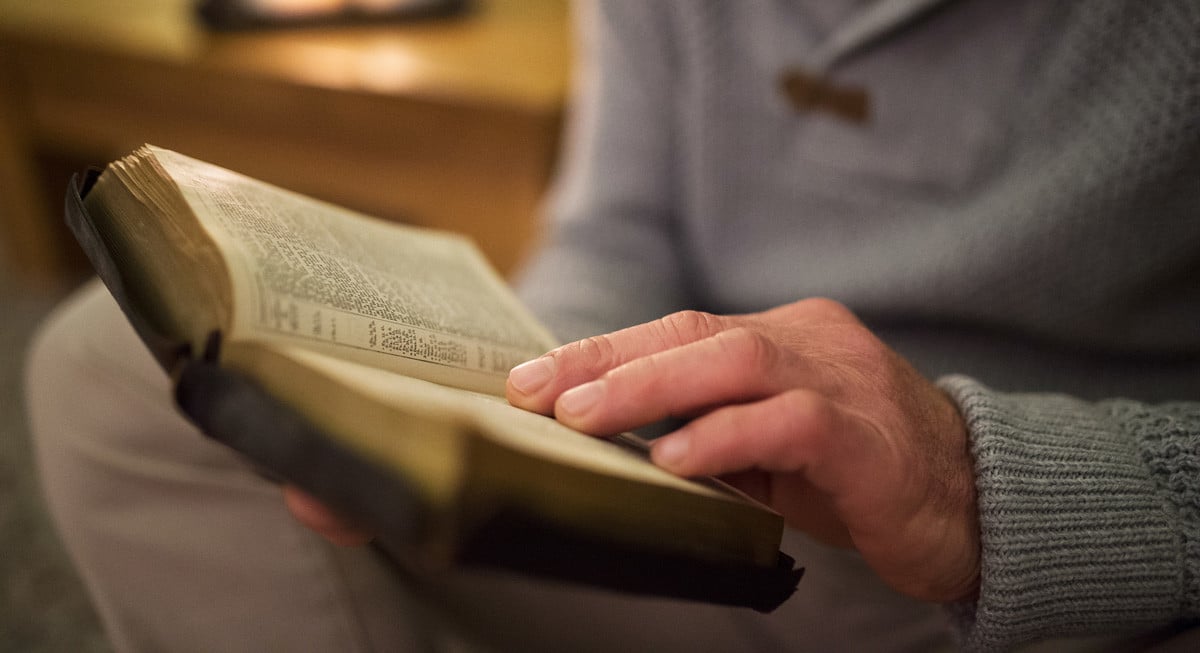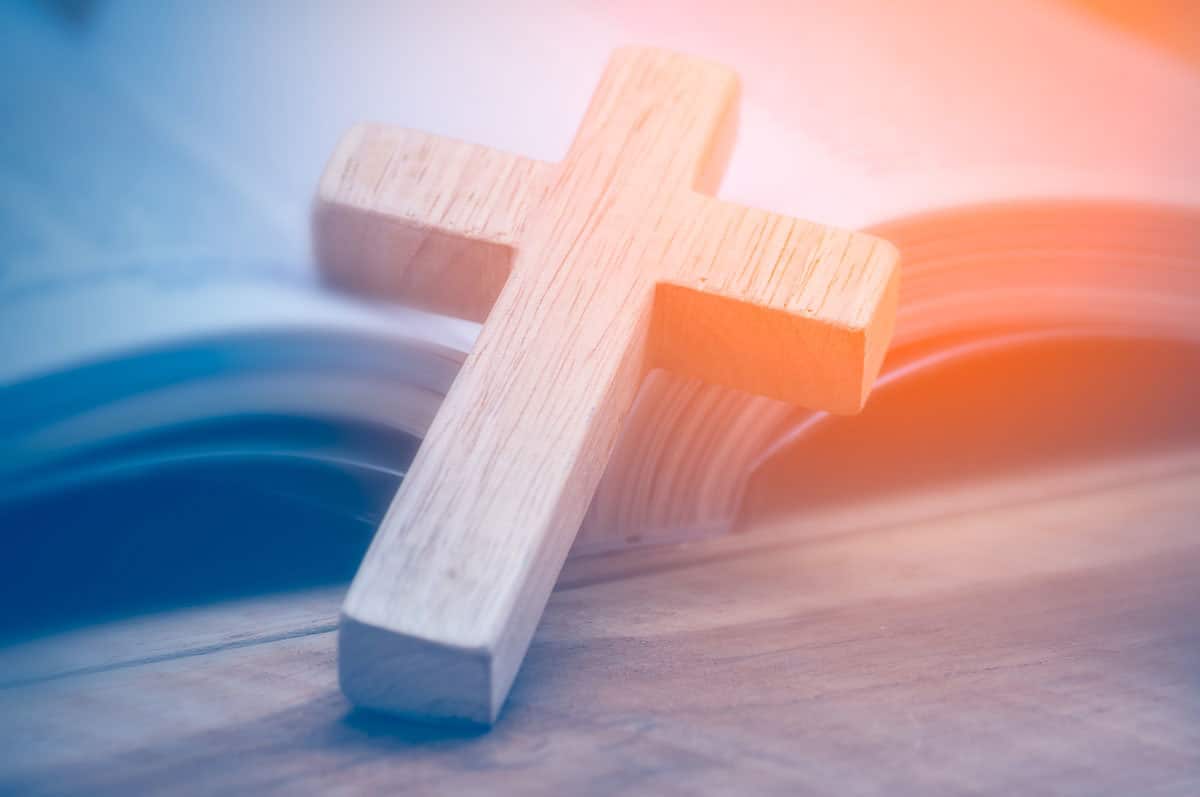All humans are religious, but we are not all religious in the same way. For some, “religion” stands in opposition to “reason,” and anything not measurable by science is either misleading or irrelevant. For others, the powers of life displayed throughout our world, coupled with the changes that take place over time, lead them to find meaning and revelation primarily within the natural order, developing religious systems seeking harmony or appeasement with stars or storms. Christianity is the greatest (in numbers of adherents globally) among the three monotheistic religions. At the heart of our faith is a belief in a good Creator who continues to care about this world and we who reflect God’s own character as “image-bearers.” We also believe that our human race has generally forgotten its Creator, which is why other religious perspectives have been born and come to expression. In order to remedy the failing communication between earth and heaven, God had to engage us actively with communications that we could not so easily ignore. Beginning with personal appearances to some like Noah and Abraham and Moses, God initiated a long-term relationship of clarification, instruction, and guidance with the nation of Israel. When written down, this divine revelation comes to us as the “Hebrew Bible,” or the “Old Testament” of Christianity. Our Christian faith takes the written Word of God seriously. It is more than a collection of wise sayings or moral codes or paths of enlightenment. The Old Testament is God’s inspired and authoritative interaction with Israel, enlisting this nation in the great divine plan to “bless all the nations of earth,” as God told Abram in Genesis 12. It is the “scripture” that Jesus loved, memorized, and quoted. It is the basis for Paul’s understandings about Jesus and the meaning of his redemptive work. While we are thankful for the New Testament writings that help us more directly connect with Jesus and the teachings of his disciples, these are built upon and somewhat incomprehensible without God’s revelation to us through the “Law” and “Prophets” and “Writings” of the Old Testament, which is also essential Christian scripture. There are, of course, different ways in which these Old Testament writings are interpreted. Influenced by cultural changes and challenges, a number of different families of theological reflection have emerged. Our approach at CLC lies within the Reformed tradition, built upon the expansive insights of John Calvin at the time of the Protestant Reformation. Central to this theological approach are these emphases: SESSION 1 – Covenant Beginnings Key Idea: The Bible begins as a covenant between Yahweh and Israel shaped in the familiar language of international politics. Yahweh battles Pharaoh for Israel’s destiny. Yahweh moves into Israel’s community (the Tabernacle), with Israel sharing Yahweh’s mission and Yahweh sharing Israel’s life. SESSION 2 – Covenant Prologue Key Idea: Genesis serves as the extended “Historical Prologue” to the Sinai Covenant, explaining the nature of reality and informing Israel on three key matters: (1) How Israel got its special calling; (2) how Israel got its name and what is its significance; (3) how Israel ended up in Egypt SESSION 3 – Covenant Inheritance Key Idea: Israel settles into the “Promised Land” by way of miracles and Yahweh’s leading. What makes this land significant is not its superior climate or natural resources, but its location as the bridge between all major civilizations of its day, allowing Israel to be seen by and witness to its neighbors about God’s character and mission. SESSION 4 – Failure and Renewal Key Idea: The book of Judges documents Israel’s failure to follow through on Yahweh’s covenant mission, resulting in the curses of the covenant kicking in. Ruth expresses the changing fortunes of Israel through a mirrored look at Naomi during the time of the Judges, with the devastation following covenant breaking undone through covenant righteousness and service SESSION 5 – Theocracy to Monarchy Key Idea: Israel’s road up from the terrible times of the Judges to a renewal of its covenant identity and purpose leads through several false starts (Eli, Samuel, Saul) before becoming embodied in King David. SESSION 6 – Losing at International Politics Key Idea: Yahweh’s mission to reconnect with all nations on earth nearly reaches its goal during the wise and expansive reign of Solomon, and is celebrated in the creation and dedication of the Temple. But the story gets dark rapidly, with the kingdom splitting, the Assyrians threatening, and the eventual demise of the north. As the kings fail to lead Yahweh’s people rightly, prophets are called and raised to assume the role of spiritual leadership; most notable among these are Elijah and Elisha. Although the southern kingdom should learn from the wayward demise of its northern sister, except for brief turnarounds under the leadership of a few reformer kings (notably Hezekiah and Josiah), Judah’s path wends toward destruction under the new Babylonian threat. SESSION 7 – Restoration Key Idea: By Yahweh’s providence, Babylonian captivity does not destroy the Jews, and Persian victory sends them home. Still, through threats from other powers, the Jews need to be reminded of their unique identity and special mission SESSION 8 – Covenant Voice Key Idea: The Psalms express Israel’s worship, prayers and longings; Job’s story reminds Israel that life is not mechanical, but relational, and finds its fulfillment in submission to God; Proverbs explores life in covenant with God, expressing its practical, day-to-day shape and values SESSION 9 – Covenant Understanding Key Idea: As the new leaders of God’s people (following Moses, Joshua, the Elders, the Judges and the Kings), the Prophets call Israel back to covenant living, and warn them of the consequences of failing to follow through. Isaiah uses the Assyrian threat to warn Judah to get right with Yahweh, and promises a glorious, expansive restoration when, through God’s “Suffering Servant,” redemption is complete. Jeremiah makes clear that the covenant curses will bring destruction, but that Yahweh will restore the people’s fortunes after a time of cleansing exile. Although born to be a priest, Ezekiel lives most of his life in Babylonian exile, bringing reminders of Yahweh’s power and care, calls to faithful living, and promises of restoration in an age of total creational renewal. SESSION 10 – “The Day of the Lord” Key Idea: The “Minor Prophets” express a variety of short words of warning and promise for God’s people at different times and in different historical settings. Yet one recurring theme come through, summarized in variations on the phrase “The Day of the Lord,” and consistently promising: (1) extensive divine judgment on the nations for their sinful behaviors; (2) the sparing of a remnant faithful to the covenant; and (3) the ushering in of the eternal messianic age of peace and fulfillment -All Rights Reserved. Use only by Permission.
